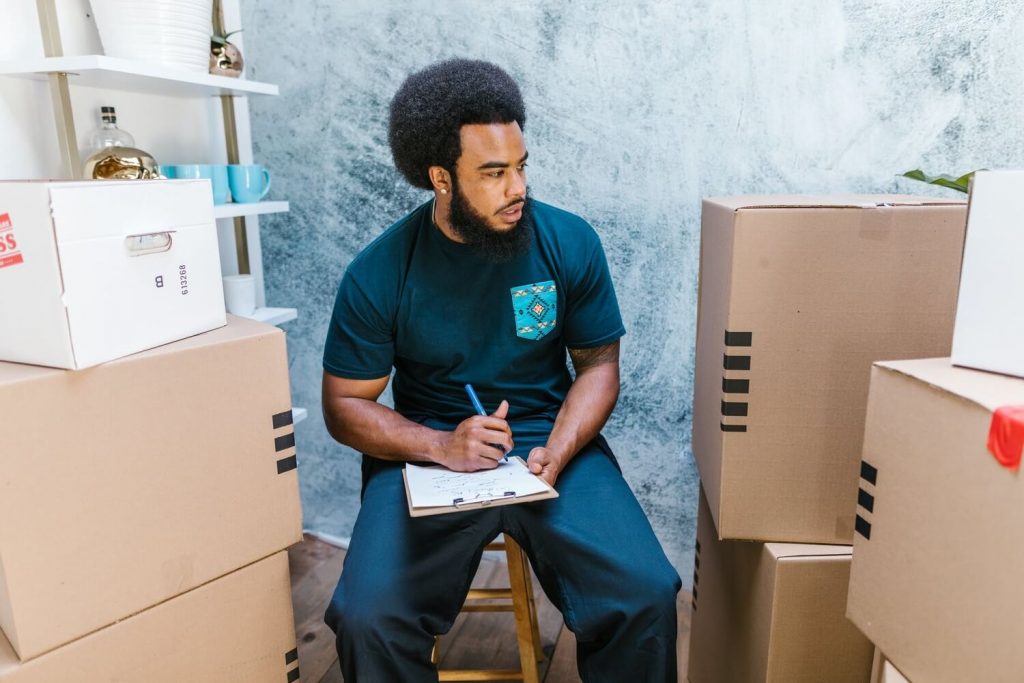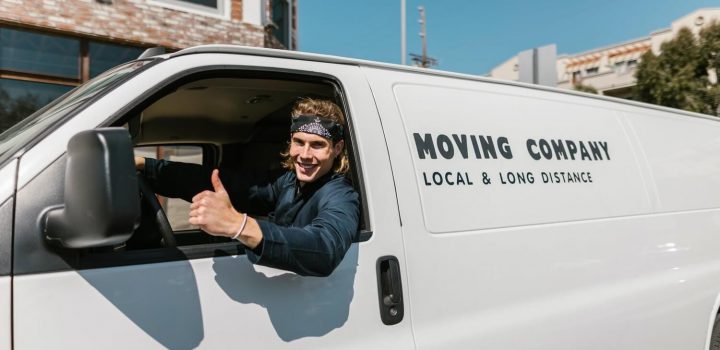Moving is stressful, especially if you don’t have the utmost trust in your commercial mover. However, since you’re moving your base soon, you don’t have the time to get to know your mover well. But this is a critical task you mustn’t take for granted. So for a quick yet concise interview, here are seven essential questions to ask your commercial mover before entrusting them with your valuable business assets.

1. Are You Properly Licensed?
Nothing absolutely safeguards lives and properties, but a license of your commercial mover reduces the risk for accidents and crashes. The United States Department of Transportation issues licenses for all vehicles, but the Federal Motor Carrier Safety Administration (FMCSA) regulates and provides safety oversight to commercial motor vehicles.
You can check on your potential mover, including their license and complaint history on this website before you decide to hire them. You can use the site to check on the company name, US Dot number, or the license plate of your moving van before you decide to hire.
2. Does the Quote Include Extra Charges and Potential Fees?
Another important question to ask your potential mover is if the quote they gave you covers all the expenses. Don’t get yourself tangled into an obscure contract, so always ask if there are extra charges and other potential fees not covered in the quotation.
Ask about the particulars of your logistics. Make sure there are no hidden charges. Will carrying the boxes from your house to the moving van and to your new home be included in the quotation? Some movers will try to charge you extra fees, especially if you have to move up and down several flights of stairs.
Of course, most companies don’t cover everything, especially the insurance for your valuables, so prepare yourself for that expense.
3. What Is Your Cancellation Policy?
There are several reasons why a customer cancels on their moving contract. However, cancellations come with some degree of liability on your part. Be sure to check on the cancellation policy before signing a contract with your mover. Some movers let you cancel within a few days, while others allow you to cancel a day before the move without charges. Most movers, though, will not refund your deposit if you cancel within a set time from your move. The cancellation policy should not be a deal-breaker, though, especially if the company has the best overall package over other companies with a more lenient cancellation policy.
4. What Guarantee Do I Get for the Pickup and Delivery Dates?
It’s annoying to get to your new home and wait for a long time before you get your belongings delivered. Make sure the pickup and delivery dates are in the contract. Some movers even offer to reimburse part of your contract cost if your belongings are not delivered on the guaranteed delivery date. Don’t get comfortable if the sales representative assures you of the guaranteed delivery date. If it’s not in the contract, his word doesn’t hold water on your claims.
5. What is the Liability Coverage You Offer?
Though moving companies offer some basic coverage, it is still best to ask for the coverage they offer based on their quote for your move. However, movers usually offer coverage by weight, not by value. Once you know their liability coverage, you can decide whether to buy third-party insurance coverage for your valuables.
Fortunately, FMCSA requires interstate movers to offer their clients two types of valuation liability. Released Value Protection provides the most minimal protection by assuming the liability of up to 60 cents per pound of the weight of your articles. Full Value Protection, on the other hand, puts more liability on your mover by assuming comprehensive protection to your belongings. There is no set cost, though, as the price may vary among movers.
6. Do You Check on the Background of Your Employees?
Since your mover has absolute control over your valuables during the move, it is best to check if your movers did a background check of their employees. It is also best if they have regular employers rather than contractual ones. This setup tells you that your mover has utmost trust in its employees to man the business for them.
7. Do You Have References?
References allow you to vet on your potential mover before you hire them. Ask for at least three references so you can check on their experience with the moving company and allay any fears you may have about contracting a company for your move. Often, reliable companies provide you copies of reviews from their customers even before you ask to prove their trustworthiness.

Conclusion
Taking time to do more thorough research on your potential movers helps you to be more at ease before, during, and after the move. Here’s a directory of moving companies where you can find your movers, their services, certification, and rating and get a quotation. With this information at hand, do you think you’re ready for that move? Time will tell.

